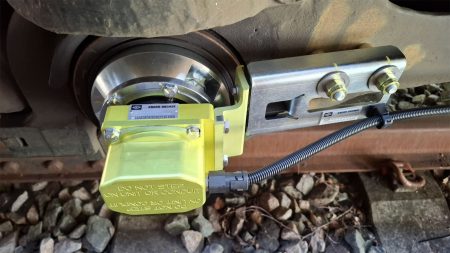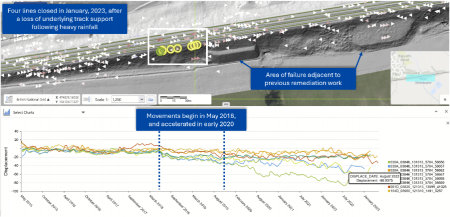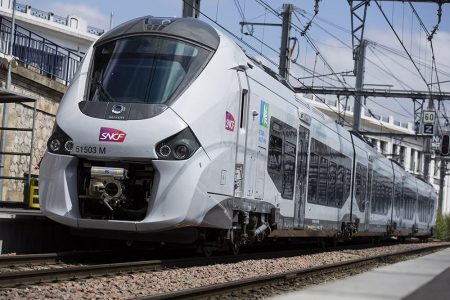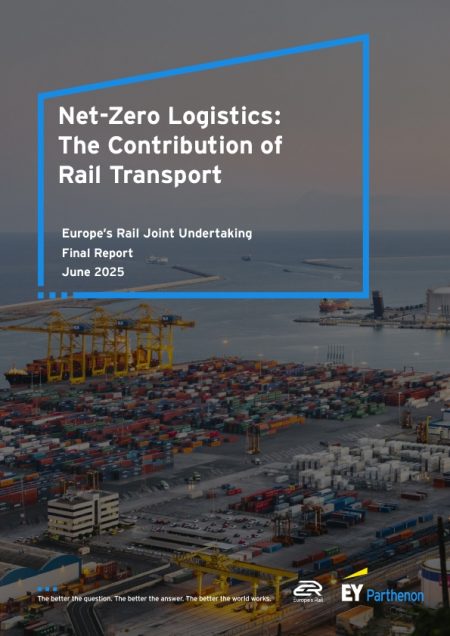The Rail Working Group warmly welcomes the European Commission’s new Communication “Connecting Europe through High-Speed Rail” (COM(2025) 903 final) and the Commission’s clear recognition of the Luxembourg Rail Protocol to the Cape Town Convention as a crucial instrument to stimulate private investment in rolling stock and support the delivery of Europe’s ambitious high-speed rail network. The Commission acknowledges that its goal of a fully connected European high-speed rail network by 2040
This content is for Premium Subscribers only. To view this content, login below or subscribe as a Premium Subscriber.











